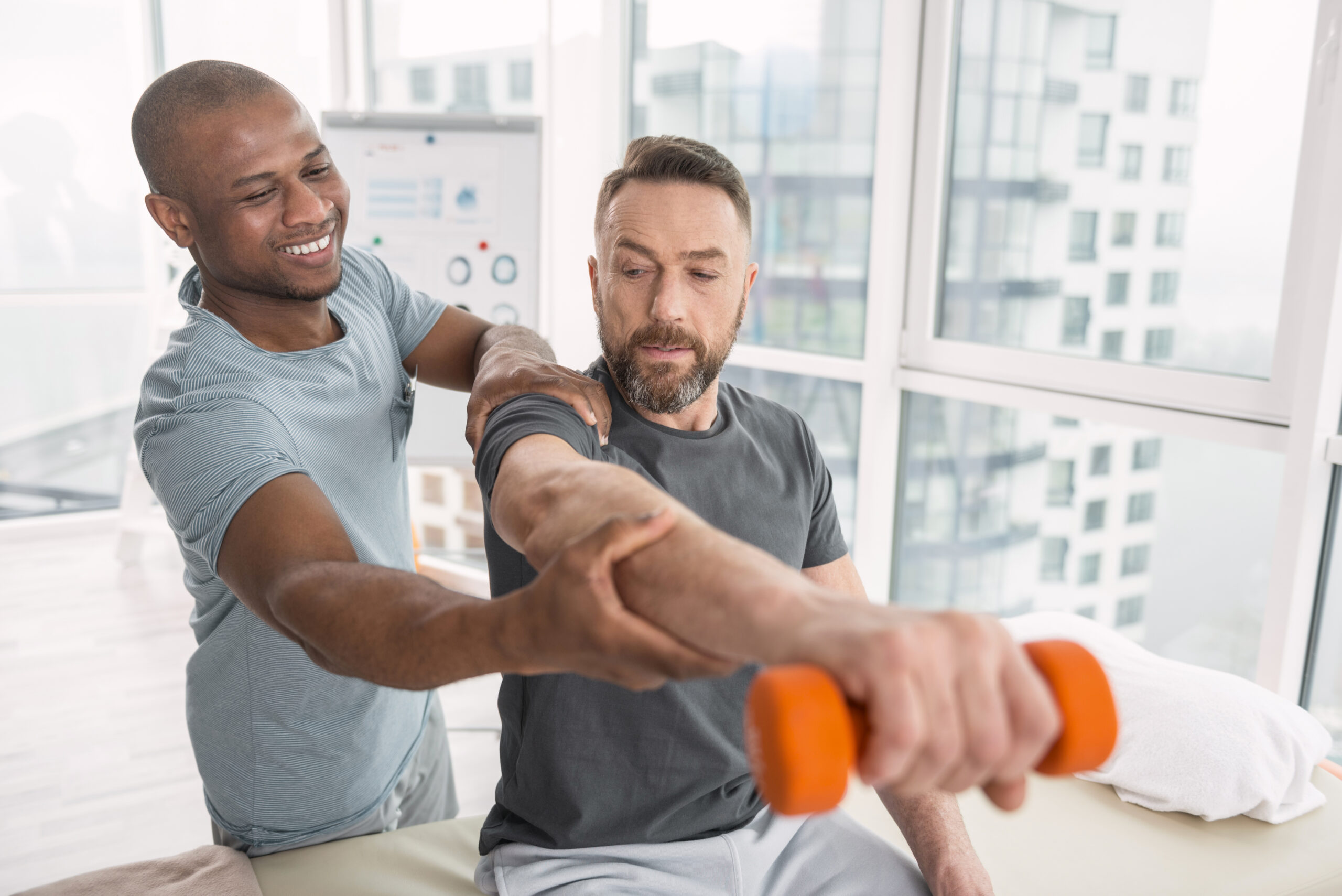Harnessing Mental Strength to Optimize Results in Physical Recovery
Wiki Article
Cognitive fortitude is an crucial attribute that can measurably improve results in physical treatment. Athletes often encounter conditions that involve time away from their sport, which can be both bodily and mentally difficult. Psychological toughness refers to the ability to remain robust and resilient in the face of adversity. It helps performers manage the strain of rehabilitation, stay focused on their goals, and maintain drive throughout the recovery process. By developing mental resilience, athletes can improve their recovery experience and return to their discipline better prepared than before.

An key aspect of building mental resilience is setting realistic goals. When athletes are hurt, it is essential for them to have well-defined, attainable intentions during their healing. These plans should be detailed, trackable, reachable, relevant, and time-bound (SMART) principles. For example, instead of saying “I plan to recover soonâ€, an athlete might set a goal like “I will follow my therapy routine three times weekly for four weeksâ€. This helps recovering individuals monitor their progress and keep their attention on what they can influence, reducing feelings of discouragement or despair.
Another crucial factor in building inner strength is maintaining a constructive mindset. Athletes should practice positive self-talk and visualization techniques to foster a constructive mental environment. Positive self-talk involves replacing negative thoughts with empowering statements. For instance, instead of thinking “I will never recoverâ€, an athlete could tell themselves “I am making progress every dayâ€. Visualization can also be beneficial; individuals can imagine themselves performing well in their activity as they heal. These practices help build confidence and reinforce the belief that recovery is possible.
Supportive relationships play a essential role in fostering psychological strength during recovery. Athletes should remain engaged with motivating peers, loved ones, coaches, and rehab specialists who understand the difficulties of rehabilitation. Honest conversations with these trusted individuals allows athletes to express their feelings, worries, and struggles. Additionally, sharing experiences with other recovering peers can provide a sense of community and connection that makes the process easier. Knowing others have faced comparable challenges get more can foster hope and motivate individuals to keep going.
Lastly, mindfulness practices can greatly enhance an patient’s emotional stability during recovery. Mindful awareness involves being aware of one’s internal dialogue and emotions without judgment. Practices such as mental stillness, breathwork, or yoga can help athletes manage tension and stress related to their injury. By incorporating these techniques into their daily routines, patients learn to stay grounded and focused browse around here on their recovery process, rather than dwelling on what they have been unable to do during their time off from training. This strategy promotes psychological balance and encourages a more positive attitude towards rehabilitation.